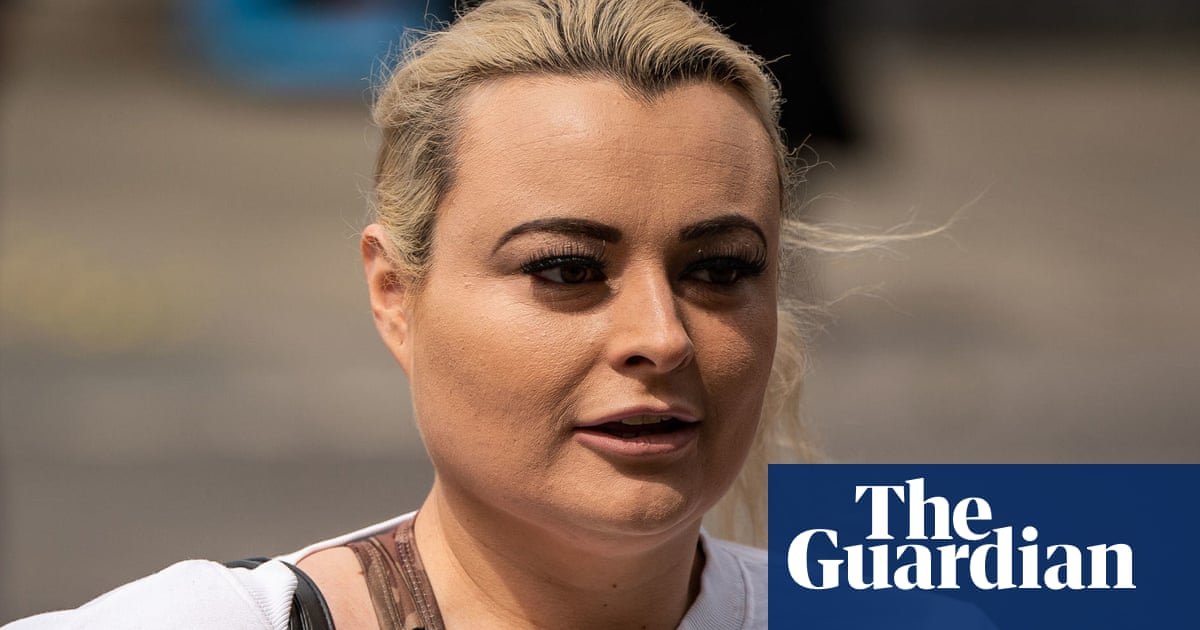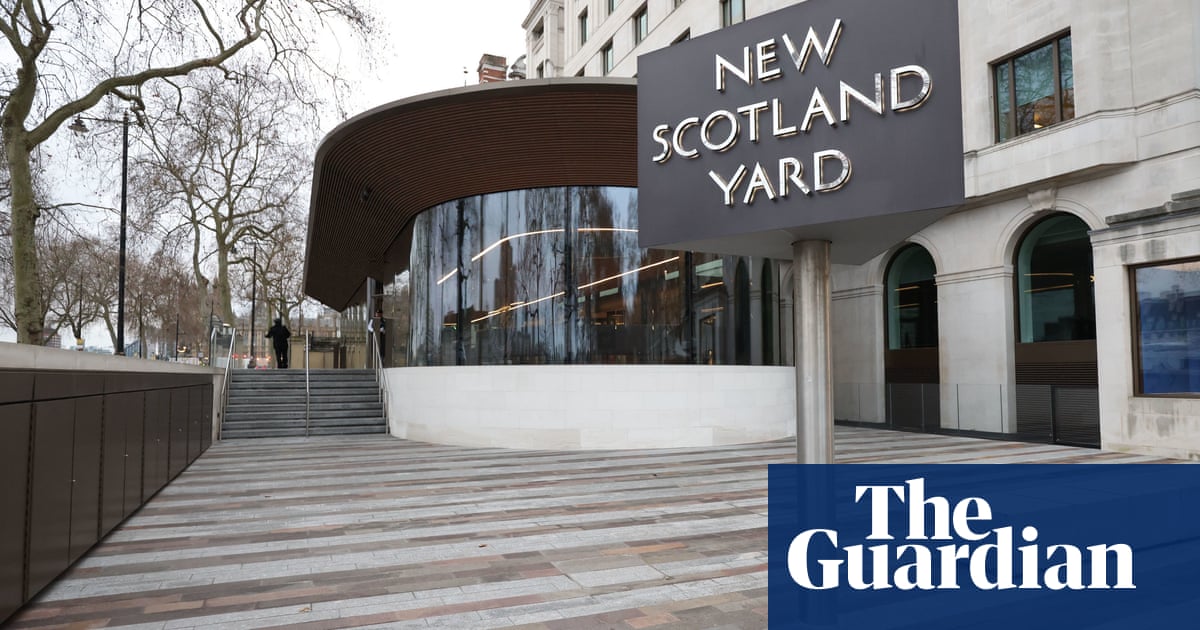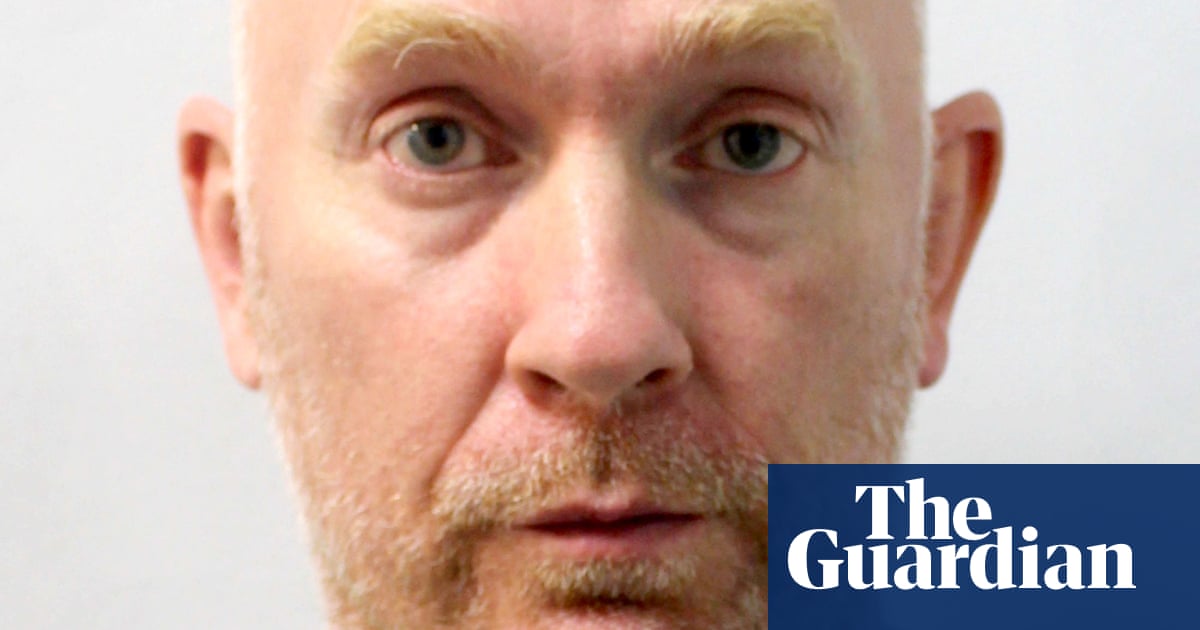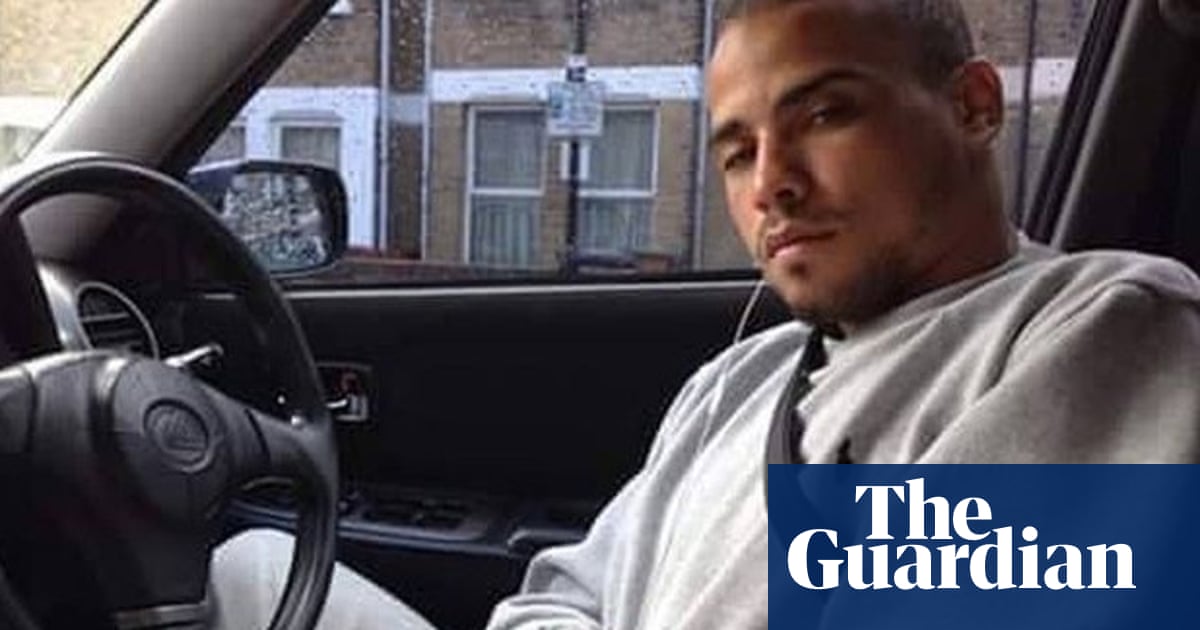
Scotland Yard’s crisis has deepened as it emerged that two officers and one former officer have been referred for potential criminal prosecution over their part in a WhatsApp group with Sarah Everard’s murderer Wayne Couzens where it is alleged that misogynistic and racist messages were swapped.
The Metropolitan police is reeling from the resignation of its commissioner, Cressida Dick, after she failed to convince the mayor of London, Sadiq Khan, that she could root out wrongdoing and transform the force.
The Met has not suspended the two serving officers, who remain on restricted duties.
Separately, the police watchdog, the Independent Office for Police Conduct (IOPC), announced that its investigation into claims the Met bungled a chance to identify Couzens, then a serving Met officer, for alleged indecent exposure days before he attacked and murdered Everard in March 2021, had intensified in seriousness.
A Met officer is now under investigation for gross misconduct, the most serious kind of offence under the police disciplinary system. Previously the officer was under investigation for misconduct by the IOPC. A second Met officer remains under investigation for misconduct over allegations relating to Couzens and a fast food restaurant.
Messages on the WhatsApp group involving police officers included alleged offensive and abusive terms about women. The messages recovered so far by investigators began in March 2019, two years before Couzens murdered Everard.
The two Met officers and one former Met officer have been referred to the Crown Prosecution Service for alleged improper use of the public electronic communications network under section 127 of the Communications Act.
The two Met officers referred to the CPS are alleged to have been part of a WhatsApp group involving constables from three forces and were placed under investigation after Couzens’ phone was seized following his arrest for Everard’s murder.
The Met placed its officers facing criminal investigation on restricted duties. Two other officers who were investigated for potential police discipline offences, from the Civil Nuclear Constabulary and Norfolk police, were suspended by their forces.
The IOPC said: “We provided a file of evidence to the CPS in December to consider potential offences against three individuals under the Communications Act 2003. We await its decision.”
Extensive investigations by the IOPC continue into events surrounding the Couzens case. One investigation concerns claims to the Met of a man twice exposing himself at a south London McDonald’s days before the murder of Everard, with details of a car linked to Couzens passed to police. It is believed that details included a vehicle registration plate.
A simple registration plate check, available to police on systems belonging to the Driving and Vehicle Licensing Agency, could have linked Couzens to the alleged offence, but officers failed to identify him, the Met has already admitted. Days later Couzens kidnapped and murdered Everard as she walked home in south London.
The IOPC said: “Our investigation into how the MPS handled reports of alleged indecent exposure has been completed. Our report has been shared with the force prior to our decisions on any disciplinary outcomes.”
Furthermore, the IOPC said, an officer with Kent police had been placed under investigation for misconduct over claims that a chance to identify Couzens as indecently exposing himself in Dover in 2015 was missed.
The IOPC said: “We are finalising our investigation into Kent police’s handling of an alleged indecent exposure reported in Kent in 2015, subsequently linked to Wayne Couzens. Our report is at an advanced stage.”
Couzens was handed a whole-life sentence for the kidnap, rape and murder of Everard. The judge said his crimes were as serious as a terrorist atrocity because he abused his powers as a police officer to commit them.
Handling the fallout from the case is likely to be a formidable challenge for whoever is chosen as the next Met commissioner.












